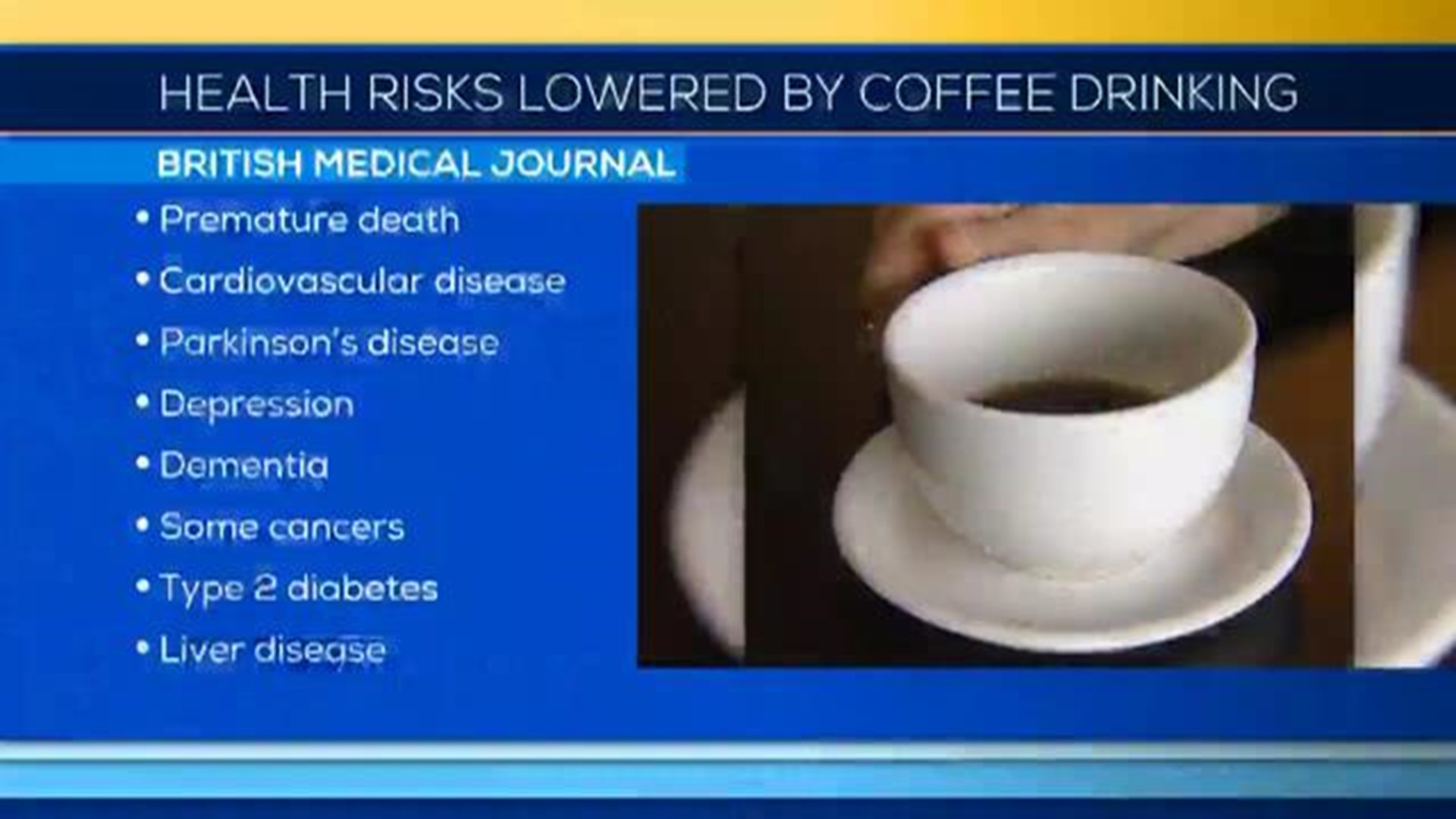As you sip your morning cup of coffee, you may find this interesting: British scientists this week said three to four cups a day are likely to do more good for you than harm.
They say coffee is linked to a lower risk of heart disease and premature death, but some coffee crops are being threatened now -- by changes in the environment.
15,000 scientists issue dire warning that "time is running out" on climate change
To many, it's the other dark liquid that powers the world: coffee. But because of the damage being done to the planet by the primary dark liquid -- oil -- along with other fossil fuels, coffee is in trouble. And so are the farmers who grow it.
Uganda coffee farmer Anthony Khabala said this year's harvest was "not so good."
Up here in the mountains of eastern Uganda, coffee is the most important thing they grow.
Anthony and Vincent Khabala's family have been growing coffee on their farm about 4,000 feet up the slopes of Mount Elgon for generations. Lately, though, they've been having problems they've never had before.
It turns out coffee is as fussy as the people who drink it. It likes the right altitude, the right temperature and the right amounts of rain and sunshine in the right order. It's the Goldilocks of crops that likes things just right.
Not enough rain and too much sunshine produces bad fruit.
"Too much sunshine produces bad fruits," Anthony confirmed.
Another farmer. Another farm. Another problem.
This fine white powder is produced by the stem-borer beetle, which Sam Massa says is just one of the pests and diseases that have come up from the valleys as the weather has warmed.
"Ten years back, it was not here," Massa said. "Most of the farms have been destroyed completely, totally by this stem borer."
Coffee yields have been dropping and prices are up by as much as 30 percent in some areas since 2015. More than just the consumer's morning pick-me-up is threatened.
The farmers are caffeine-dependant for another reason: From picking the berries to processing them to drying and sorting the beans and getting them to market -- this is a family business. A family business where every member of the family contributes and where the cash from selling the coffee provides the only income to pay for schools for the kids and for medical care.
There is actually an imbalance in the coffee world, the retail is controlled by the big brands -- the big distributers. But the production comes from little family, almost vegetable-patch sized, farms like this. If production fails here, the big boys can go somewhere else, these people can't go anywhere.
For the people who consume coffee, it's about a drink.
For the people who produce it, and depend on it, it's about life.

